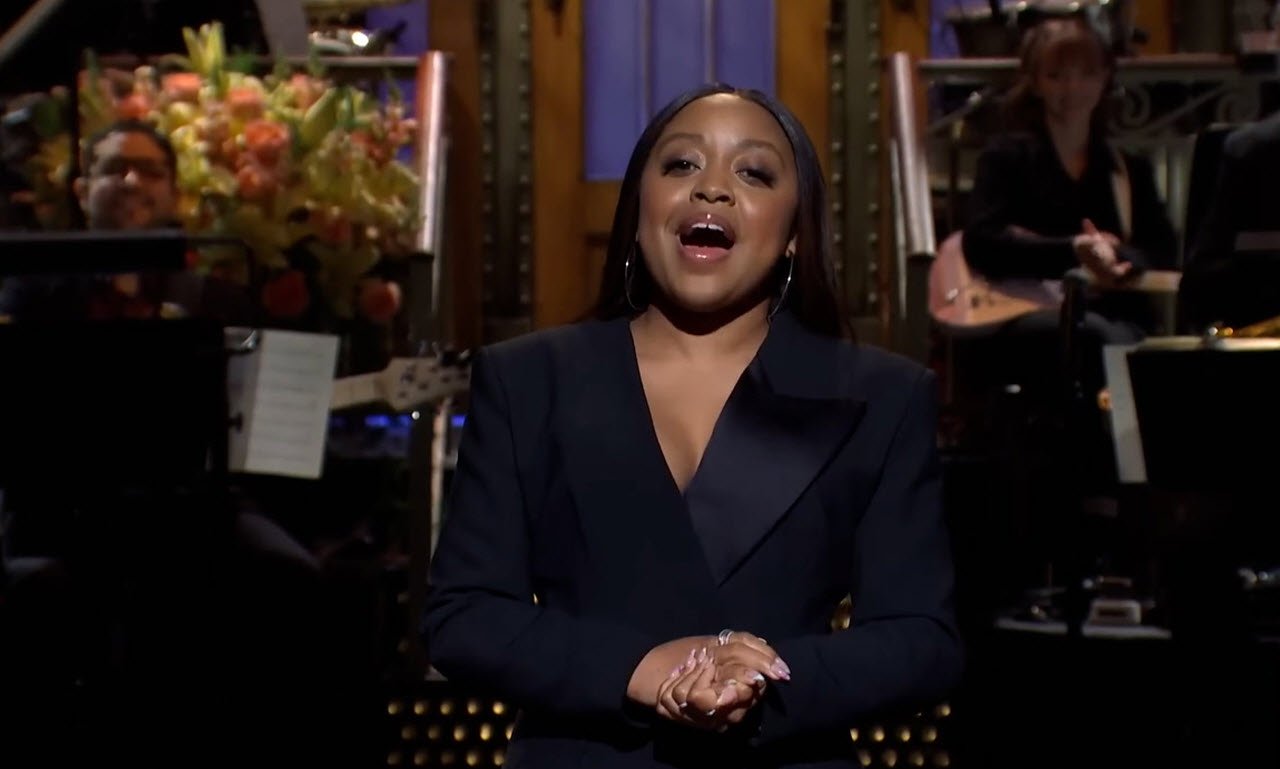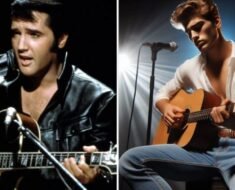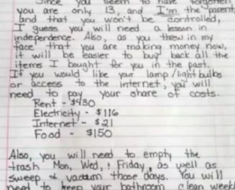Discussions surrounding diversity have gained significant traction, extending into all aspects of life, including the nostalgic TV shows we grew up with. One such show, the popular 90s sitcom Friends, has recently faced criticism for its lack of diversity.
Quinta Brunson, best known for her role in Abbott Elementary, recently shared her thoughts on the matter. While hosting Saturday Night Live, Brunson used her opening monologue to bring attention to the issue, pointing out the noticeable absence of Black characters among the close-knit group of friends in the iconic series.

Brunson also offered some insights into her own show, Abbott Elementary, which centers on a group of teachers at a predominantly Black, state-funded elementary school in Philadelphia. The difference in diversity between Abbott Elementary and Friends is striking.
In her signature humorous style, she quipped: “I once wanted to be on SNL, but the audition process felt too long. So instead, I created my own TV show, made it really popular, won a bunch of Emmys, and then got invited to host. Way easier, way easier.”

She connected with the audience when she said, “It’s a network sitcom like Friends, but instead of focusing on a group of friends, it centers around a group of teachers. It’s set in Philadelphia, not New York, and unlike Friends, it actually includes Black people.”
Though her tone was lighthearted, Brunson highlighted a serious issue that has been acknowledged by many, including Martha Kauffman, one of the creators of Friends. Kauffman has openly expressed regret over the show’s lack of diversity and has taken steps to address this by donating $4 million to a university’s African and African-American studies departments.
Reflecting on her own growth, Kauffman said, “I’ve learned a lot over the last 20 years.” She admitted, “Recognizing and accepting guilt isn’t easy. It’s painful to confront your past mistakes. I’m embarrassed that I didn’t know better 25 years ago.”
Kauffman added, “It took me a long time to understand how I had internalized systemic racism. I’ve been working hard to become an ally and an anti-racist. This donation felt like a meaningful way for me to contribute to the conversation as a white woman.”
The conversation about diversity in entertainment continues, but there appears to be progress in acknowledging past mistakes and moving toward a more inclusive future.






